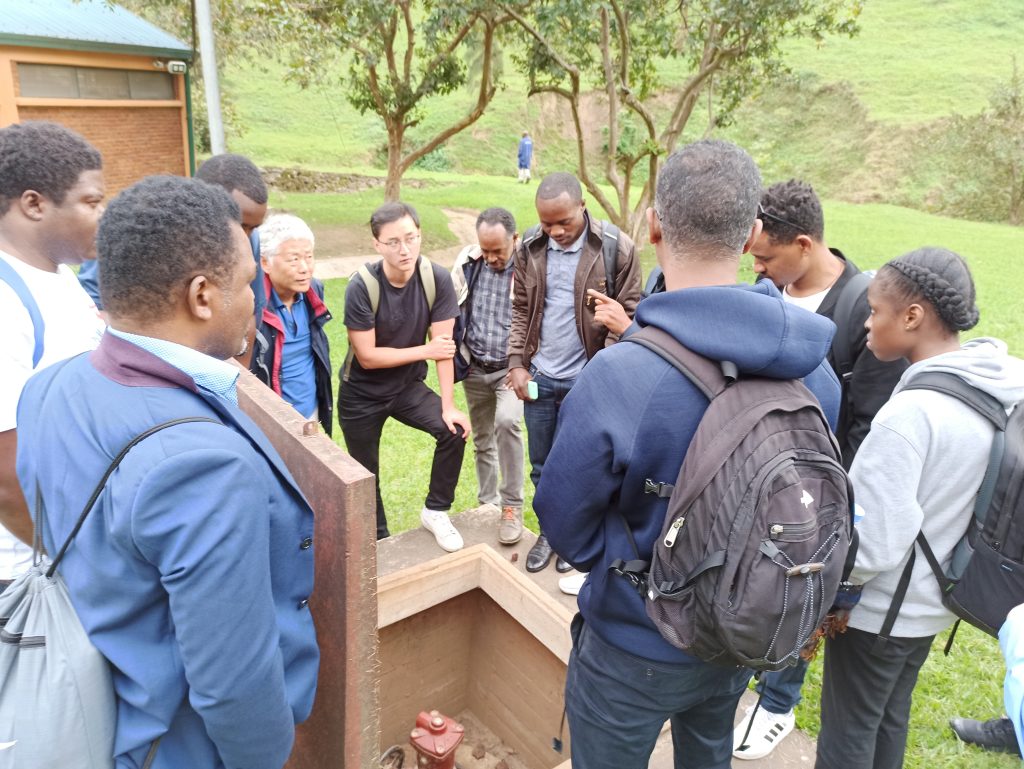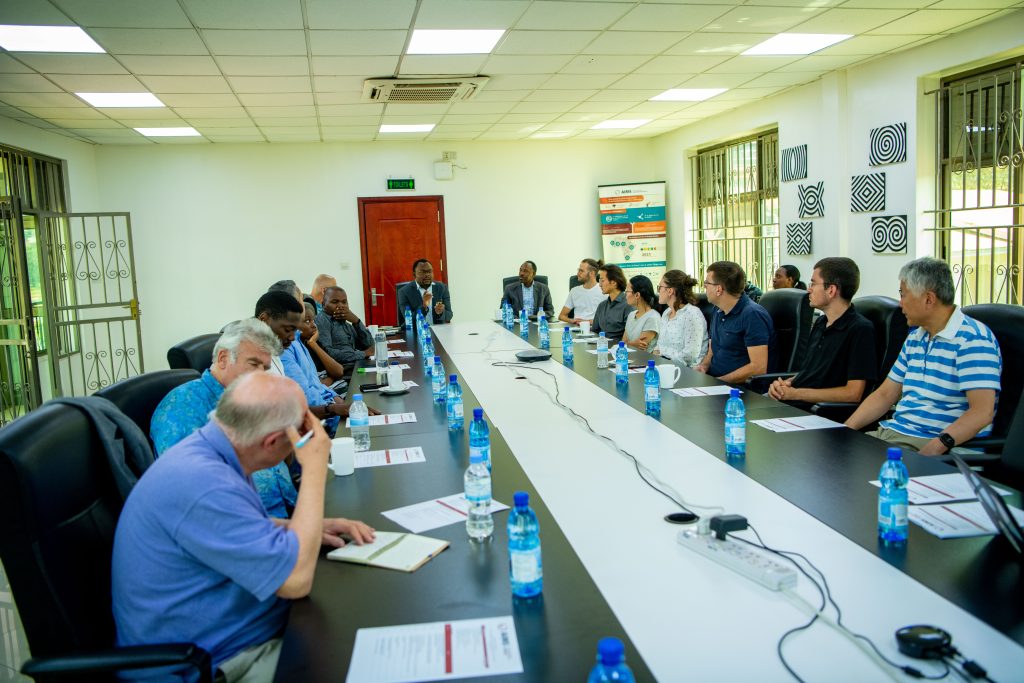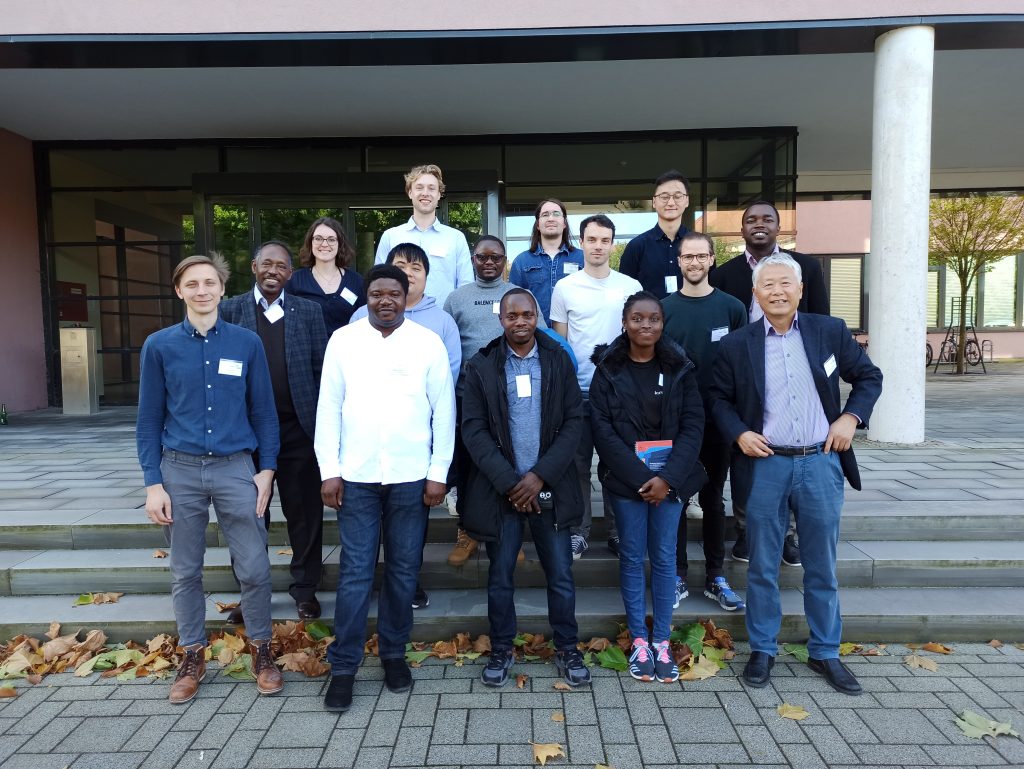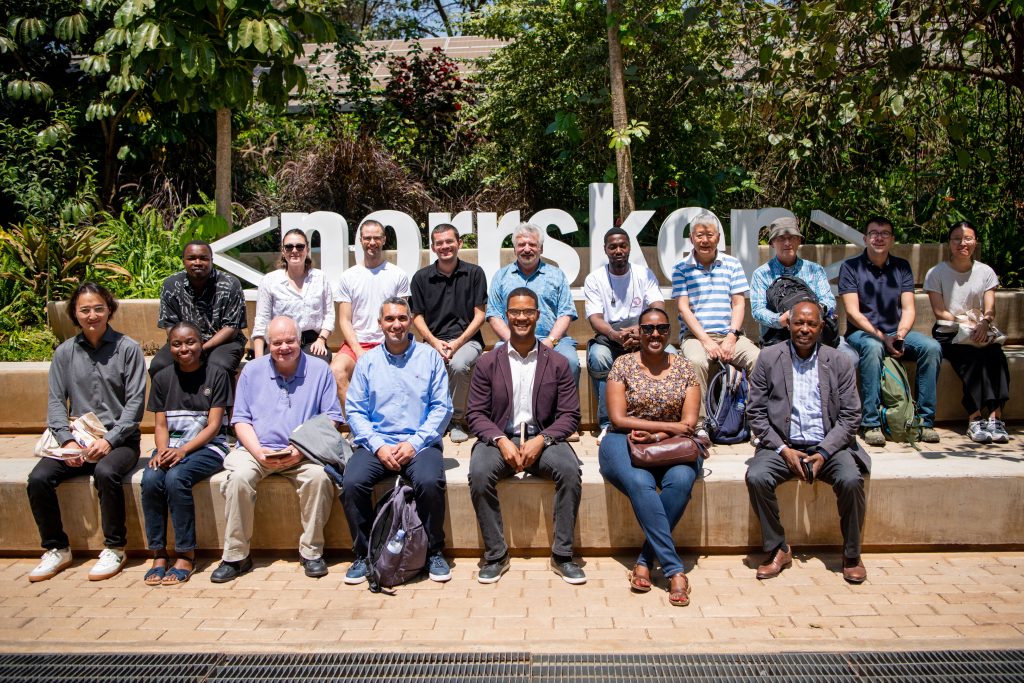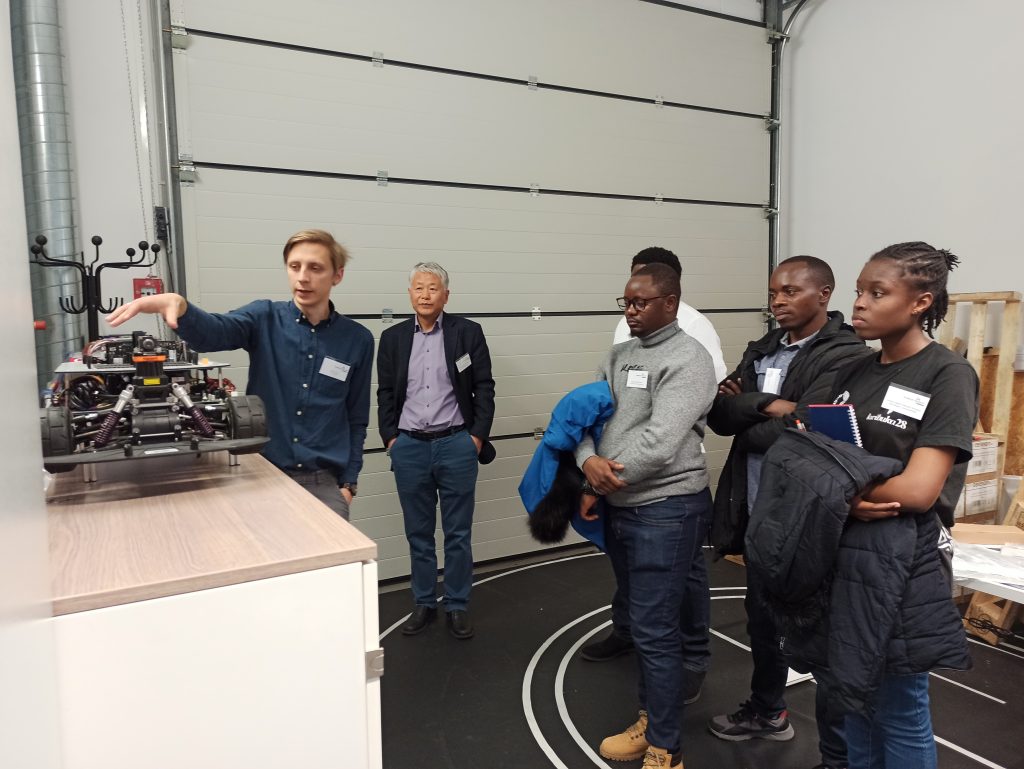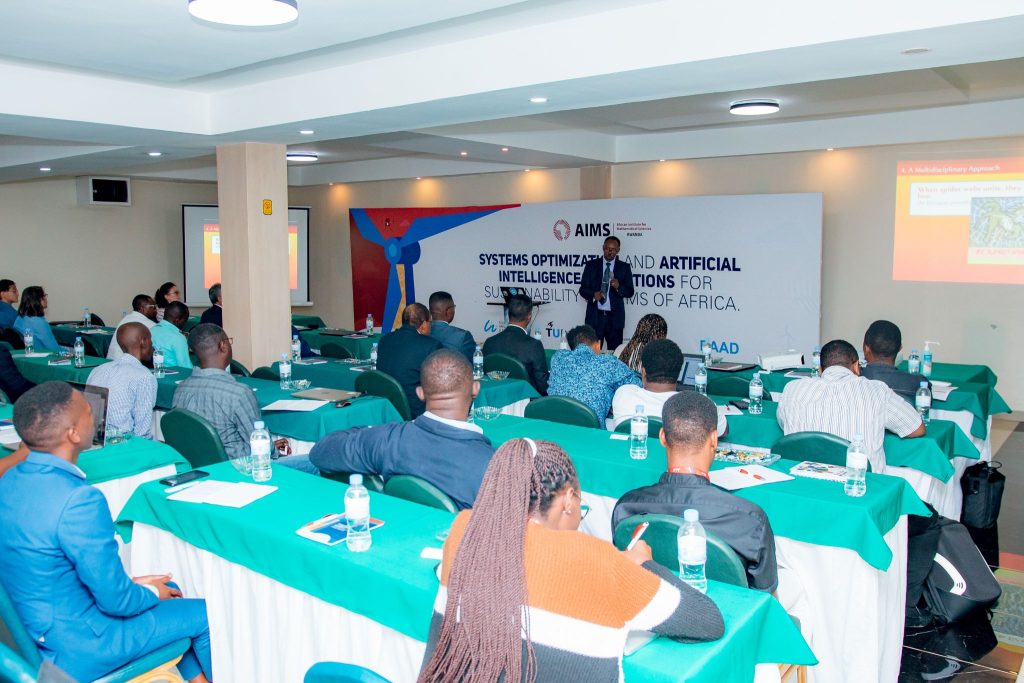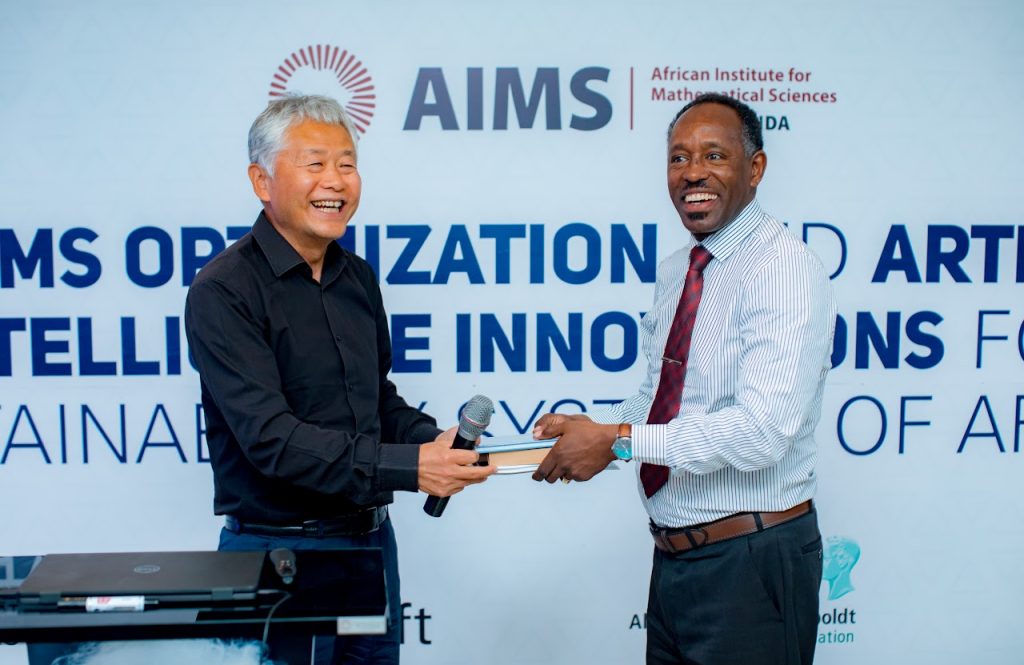Systems optimization for sustainable resources utilization in Africa
Research thrives on exchange and dialogue. To enable constructive discourse and promote diversity, it is important that research capacities are promoted worldwide. Therefore, the Technische Universität Ilmenau and the African Institute for Mathematical Sciences Rwanda pursue with their cooperation the goal of building such research capacities in the partner country Rwanda. Thus, on the one hand, we contribute to the research community by training young scientists, and on the other hand, relevant research topics that specifically concern the partner country Rwanda will be brought more into focus. The core topic of the research is the sustainable use of resources, which is based on mathematical optimization. In Europe, this topic has been a high priority for some time. Often European standards and conditions are assumed, which makes the results of the research only partly usable for countries and regions outside Europe. It is necessary to take circumstances of specific regions into account in research, as topics such as logistics and mobility may have to be thought of differently than is the case in Europe. These regional characteristics are a great opportunity for local researchers to explore and implement modern concepts for sustainable supply of urban as well as rural areas. The decentralization of suppliers and consumers is a core element here. To enable implementation, optimization methods are used. Optimization provides the opportunity to define and align objectives such as cost efficiency or security of supply. In the long term, this project will help train and support researchers who can develop novel methods to solve optimization problems to advance economic and social development in the partner country and beyond by finding ways to distribute (potable) water efficiently, cost-effectively, and fail-safe, to use renewable energy, and to build sustainable supply chains in the agricultural and food sectors. To achieve this goal, the project will also reach out to industry partners in the field and explore their most pressing issues. Workshops and conferences will be held, as well as teaching visits, where young scientists as well as experienced researchers will contribute and exchange ideas. At these events, guests from industry will always provide impetus to make research results as practical as possible.
